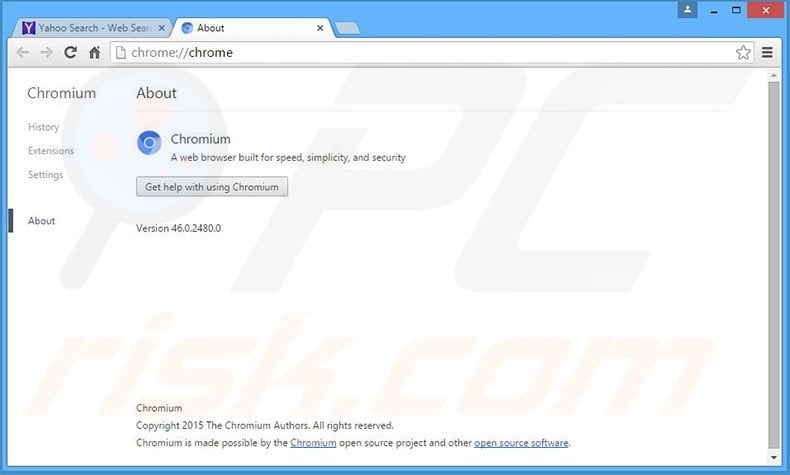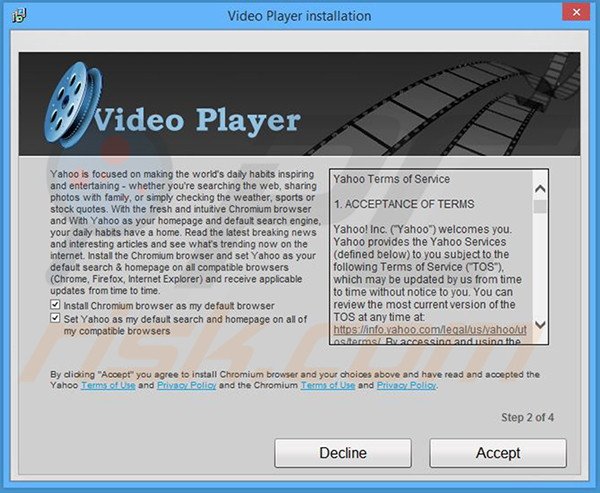
AVIF support, I think you should prepare yourself it is not even close yet.

be Mozilla also makes the experimental support available via about:config in beta & release version 103.Īs for "enabled by default" I understands it like you talk about "out of the box support" in general? By experience on following work on other features here, incl. Currently it is only available that way in nightlies (AFAIK). When Zak talks about "support it by default in all builds", I think he talks about making early support available behind a flag in about:config settings in all builds (nightly, beta, release). I think I know what I talk about, but maybe not as much as I think -) ) Just following progress in bugs/features I care about. (Quick disclaimer: I'm not a Mozilla developer. Is it safe to say jxl will be enabled by default in Firefox 101? (In reply to charles2000wang from comment #34) Having browser support from all the major browsers is going to make our lives a lot easier in upcoming WWW experiments and ensure that we can deliver a consistent experience across platforms and browsers. This is a feature lacking in the other new image formats which are all derived from Video codecs where such features makes little sense to support.
#CHROMIUM BROWSERS ANDRE OFFLINE#
This can be compared with the encoding speed of AVIF which necessitates offline encoding which offers much less flexibility when it comes to delivering dynamically sized and compressed content. This means that it's practical to encode JPEG XL images on the fly and serve to client.


JPEG XL encoding at speed/effort 6 is as fast as JPEG encoding (using MozJpeg with Trellis encoding enabled).This opinion is based on the following findings: ) and how browser adoption will let us move forward with our plans to test and hopefully roll out JPEG XL.Īfter spending the last 5 months investigating and evaluating JPEG XL from both a performance and quality point of view, it's our opinion that JPEG XL has the most potential of the new generation of image formats that are trying to succeed JPEG.

I'd like to share a bit of our view on JPEG XL in the context of new image formats (e.g AVIF, JPEG XL, WEBP2. I believe it is the technically strongest, easiest to use, and most backward compatible and full-featured contender of the next-gen image formats.Įrik Andre from the Images Infra team at Facebook here. JPEG XL is building on our previous work in FLIF, FUIF, pik, guetzli, zopfli, butteraugli, knusperli, brunsli, WebP lossless, and brotli. We can help in the exploration work, documentation and other aspects of the possible integration. For content encoding we can deliver traditional JPEGs with the -22 % savings in transferred bytes. We are hoping to use JPEG XL in both image encoding and content encoding. JPEG XL is differentiated from other new modern compression efforts (WebP, HEIC and AVIF) by having progressive decoding, possibility to have salience-ordered tiles (middle-out compression!), for being able to transport old-fashioned JPEG images without loss and with compression gains (-22 % in size) and being always YUV444, HDR and wide-gamut - as well as more dense compression in both internet transport and camera-original qualities. The current plan for a frozen format is the end of July 2020.


 0 kommentar(er)
0 kommentar(er)
